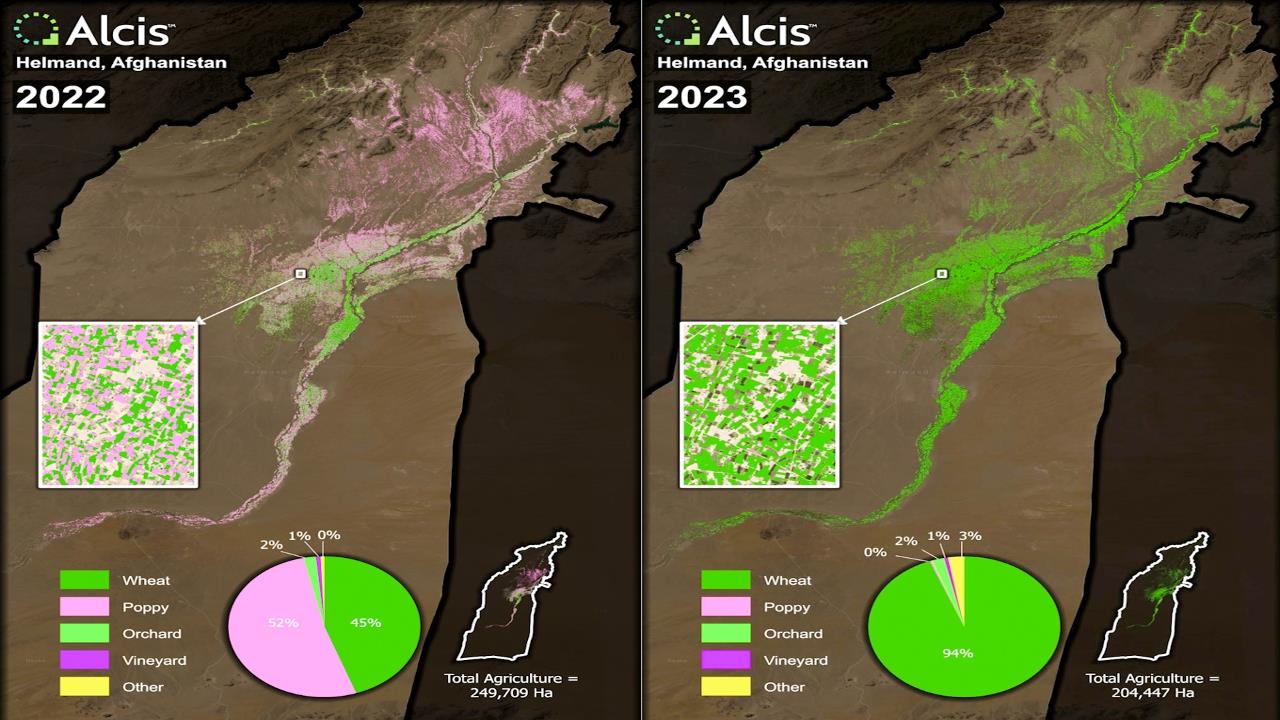Video:
Take our online poll:
AI Analysis:
Global poppy field eradication programs have been implemented as a response to the cultivation of opium poppies, which are the primary source of raw material for the production of illicit drugs such as heroin. These programs aim to curb the production of narcotics by targeting the cultivation of poppy plants in various regions around the world. While the intentions behind these efforts are to reduce the illegal drug trade and its associated negative impacts, these eradication programs often face complex challenges and have mixed outcomes.
One challenge of global poppy field eradication programs is the socioeconomic context in which poppy cultivation often occurs. In some regions, cultivating poppies can be one of the few viable sources of income for local communities. Eradication efforts can inadvertently harm vulnerable populations, especially when alternative livelihoods are not readily available. Effective eradication strategies need to be coupled with comprehensive development initiatives that provide viable economic opportunities, such as crop substitution programs, vocational training, and access to markets.
Moreover, eradication programs can lead to unintended consequences, such as driving cultivation into new areas or increasing prices for raw materials, thereby stimulating illegal markets. Additionally, eradication efforts can strain relations between governments, local communities, and international organizations, as some local populations may perceive these actions as intrusive and lacking understanding of their economic realities. A balanced approach that considers both the immediate goal of curbing drug production and the broader socioeconomic dynamics is essential for successful and sustainable outcomes.
Chart:

References:


Comments